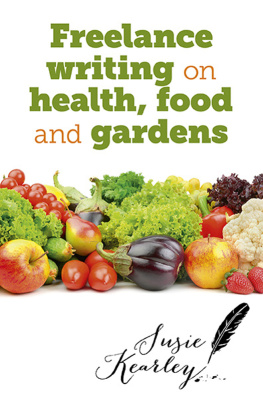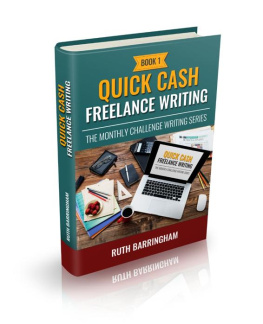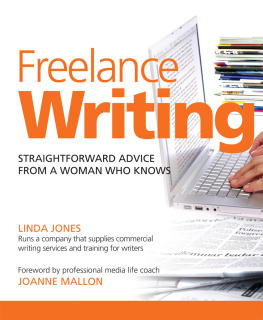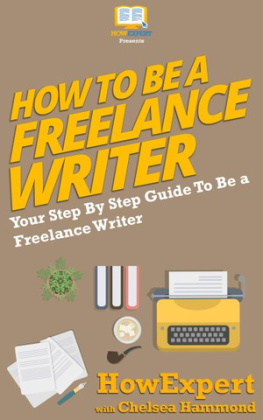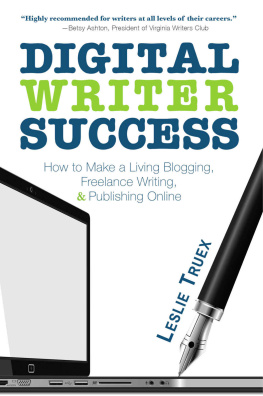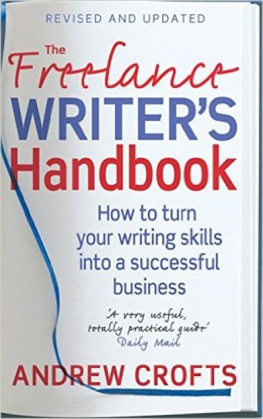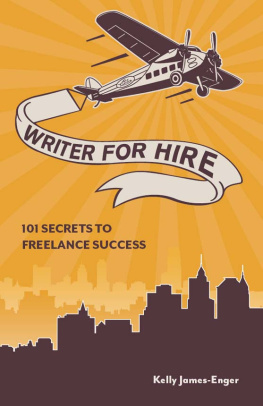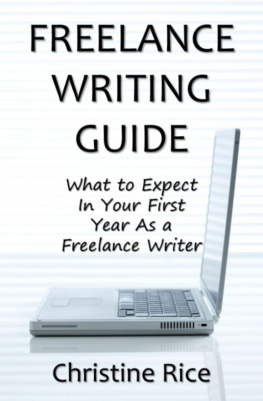First published by Compass Books, 2014
Compass Books is an imprint of John Hunt Publishing Ltd., Laurel House, Station Approach, Alresford, Hants, SO24 9JH, UK
www.johnhuntpublishing.com
www.compass-books.net
For distributor details and how to order please visit the Ordering section on our website.
Text copyright: Susie Kearley 2013
ISBN: 978 1 78279 304 5
All rights reserved. Except for brief quotations in critical articles or reviews, no part of this book may be reproduced in any manner without prior written permission from the publishers.
The rights of Susie Kearley as author have been asserted in accordance with the Copyright, Designs and Patents Act 1988.
A CIP catalogue record for this book is available from the British Library.
Design: Lee Nash
Printed and bound by CPI Group (UK) Ltd, Croydon, CR0 4YY
We operate a distinctive and ethical publishing philosophy in all areas of our business, from our global network of authors to production and worldwide distribution.
To my husband, Victor. Thank you for believing in me and
supporting me, while I follow my dream.
Chapter 1
Introduction
So you want to write for the health, food and gardening markets? Thats good news because there are lots of opportunities, although youll need plenty of persistence and determination to break down doors and make those valuable contacts.
Health, food and gardening are intrinsically linked. Vegetable gardening, fresh food and recipes have an obvious connection, which in turn, is pretty closely related to health because home-grown vegetables are the worlds healthiest foods. Its easy to see how all three topics would suit some gardening magazines, but also, how some health and foodie magazines might be interested in gardening too.
Its not just magazines there is an abundance of newspapers, online publications, and books dedicated to (or just interested in) these subjects, offering a multitude of opportunities across different media platforms to write for pleasure, for profit, and for the satisfaction it brings.
Selling articles on health, food and gardening, is what Ive been doing since becoming a professional writer in 2011. This book explains how I achieved that goal, the approaches and techniques that worked for me, and it explains how to overcome some of the obstacles to achieving your goal as a published writer of health, food and gardening articles as well as perhaps authoring a book or two!
But first, let me introduce myself. Today, I am a full-time freelance writer, but it hasnt always been that way. It was a huge step for me when I decided to go it alone in the middle of a recession!
I had the writing bug even as a small child I dreamed of writing childrens adventure books. I was an avid reader, even before I went to school. I loved English and excelled at it. Then as I grew up, I wanted to become a horror novelist. This was a more serious aspiration to be the next James Herbert.
The dream never transpired. Despite my enrolling on a writing correspondence course when I left school, and attempting to throw myself into it full-time, my parents had other ideas along more conventional employment lines. I spent all day filling out application forms for jobs instead this was not the kind of writing career I had in mind!
After considerable failed attempts to get work during the 1990s recession, I enrolled on a two-year training scheme, which turned out to be little more than legalised slavery. With a 3-hour commute each day, I was too exhausted to read, study, or write very much. My writing ambitions were going nowhere.
Two years on, I got a part-time job in a shop which gave me more time to dedicate to my craft. That was when I achieved my first success with an article published in The Lady. However, after three years of trying to make it as a part-time writer, one published article failed to hit the spot. It just felt like too little, too late.
By 1994 Id done a years service in the shop and submitted a failed management application. I thought there must be more to life than this, and enrolled on a psychology degree at the local university. It sounded like a plausible alternative, with good career prospects (or so I thought).
I started writing again in my spare time and had some interest from Hodder Headlines in a book I was working on, but after some to-ing and fro-ing, they rejected it, and I didnt have the confidence to try any other publishers, thinking my work must be seriously flawed.
After completing my degree, to my dismay, I found that my aspirations for a career in psychology were on a par with aspirations for a career as a writer. I just couldnt get a break. I tried to get a voluntary position in social services or addiction counselling but apparently other volunteer applicants had more experience than me! I couldnt give my services away for free.
I applied for a place on a postgraduate journalism course and went up to London for the interview. I took a test, failed (Ive never spelt liaison wrongly since!) and came home miserable and disillusioned. Was I destined to live with my parents forever?
A year later, I met my husband in a dead-end office job. Then I retrained in marketing at the age of 25. A ten-year career in marketing ensued (thank goodness!), helped in part, by my wonderful husband who built up my confidence, making a huge difference to my career prospects.
Marketing communications enabled me to unleash some of my creativity and hone my writing skills. I wrote promotional literature and learnt graphic design. Even a period working for a self-confessed bully couldnt get me down. I kept bouncing back much to her annoyance!
During a slow period at work I wrote e-books and sold them online. Then I qualified in nutrition in 2007 and practised as a part-time therapist for a full year until the onset of the 2008 recession, which killed the fledgling business almost instantly.
That year I also started a new marketing job. I enjoyed it overall, but my superiors didnt like my clear and concise style of writing they wanted literature full of corporate jargon, industry buzz words, and puff. This really wasnt my world at all.
By 2009, Id started to doubt my own writing ability. Had I spent 20 years in a delusional state, thinking I was good at it?
I took voluntary redundancy a year and a half later, followed by a couple of short term contracts. Then I had a spell working in a very small business, which made me realise just how good my writing skills really were, compared to some of their seasoned professionals in the field of journalism.
The company used freelance journalists with impeccable credentials to write brochures and PR material for their clients, but as I saw their work pass across my desk I was horrified. It was dreadful. There were meaningless sentences, dreadful grammar, terrible spelling, and whole words missing in the text. There was a total lack of care and attention, and worse still, due to a lack of proofreading prior to my appointment, the company had gone ahead and printed their contributions without any editing. The office was littered with brochures full of errors. I pointed out a huge blooper in the first line of a promotional brochure, and the boss quietly organised reprints with corrections.
The experience provided a surge of confidence in my own ability, confirming what Id really known all along. I was damned good at writing (and proofreading actually!). I thought if these journalists can succeed in the publishing industry I can do it standing on my head! The standard of work in the small company, combined with a boss who was suffering from an anger management problem, gave me good reason to part company with the firm six weeks later. But the experience in that small business had served its purpose, transformed my outlook and given me renewed drive to try writing again.

